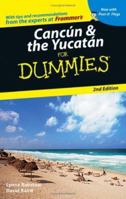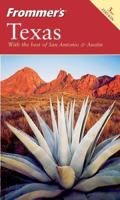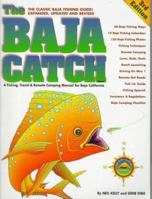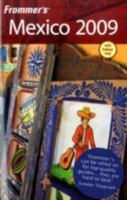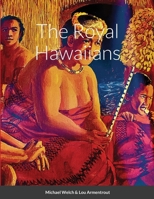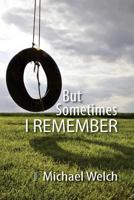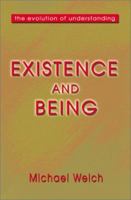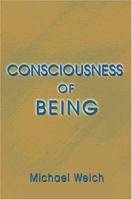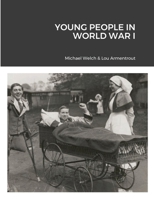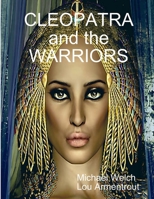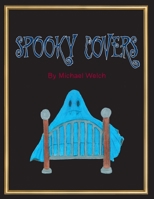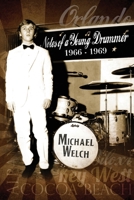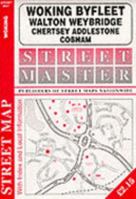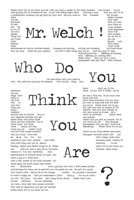Bastille Effect
A free open access ebook is available upon publication. Learn more at www.luminosoa.org. As conceptualized throughout this richly illustrated book, the Bastille Effect represents the unique ways that former prisons and detention centers are transformed, both physically and culturally. In their afterlives, these sites deliver critiques of political imprisonment and the sustained efforts to hold perpetrators accountable for state violence. However, for that narrative to surface, the sites are cleansed of their profane past, and in some cases clergy are even enlisted to perform purifying rituals that grant the sites a new place identity as memorials. For example, at Villa Grimaldi, a former detention and torture center in Santiago, Chile, activists condemn the brutal Pinochet dictatorship by honoring the memory of victims, allowing the space to emerge as a "park for peace." Throughout the Southern Cone of Latin America, and elsewhere around the globe, carceral sites have been dramatically repurposed into places of enlightenment that offer inspiring allegories of human rights. Interpreting the complexities of those common threads, this book weaves together a broad range of cultural, interdisciplinary, and critical thought to offer new insights into the study of political imprisonment, collective memory, and postconflict societies.
Format:Paperback
Language:English
ISBN:0520386035
ISBN13:9780520386037
Release Date:June 2022
Publisher:University of California Press
Length:249 Pages
Weight:0.85 lbs.
Dimensions:0.6" x 5.9" x 8.9"
You Might Also Enjoy
Related Subjects
American Literature Americas History Humanities Literary Literary Criticism & Collections Literature Literature & Fiction Native American Native American Studies Political History Political Science Politics & Government Politics & Social Sciences Social Science Social Sciences Specific Demographics WorldMore by Michael Welch
Customer Reviews
7 customer ratings | 4 reviews
There are currently no reviews. Be the first to review this work.













